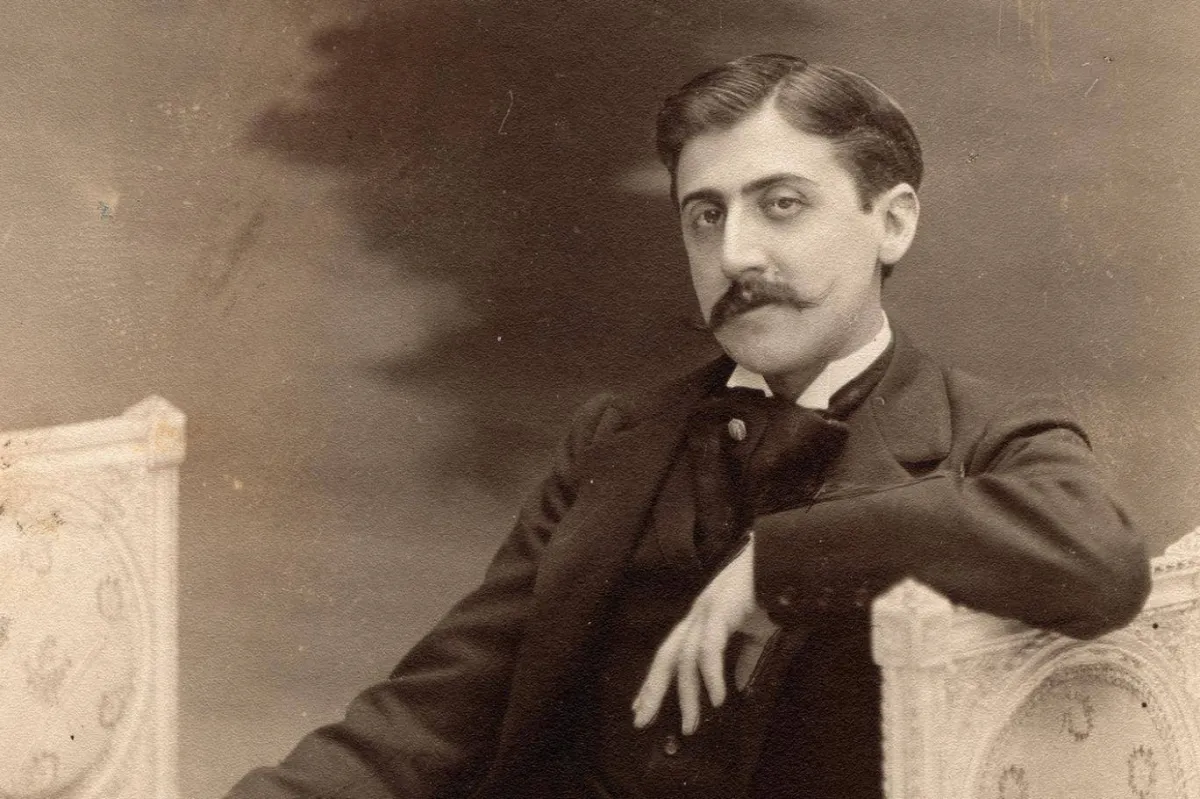The Art of Storytelling
The power of a good story can captivate and transport us to different worlds, making us forget about our current reality. A journalist once asked the American writer Jumba Lahiri, winner of the Pulitzer Prize for fictional literature in 2000, about the type of story that can achieve this. Lahiri replied that a good story is one that makes her want to read the next sentence, and the next, without any other standard.
The Role of the Writer
A writer’s job is to create an ideal atmosphere for the reader, regardless of the circumstances. Borges, for example, read Don Quixote on the bus to work, while Isabelle Allende read One Thousand and One Nights by the light of a manual lamp. The writer has the power to transport the reader to a different time and place, making them forget about their daily worries.
The Importance of Literary Criticism
Literary criticism plays a crucial role in the world of literature. However, in many countries, including ours, criticism is often lacking or of poor quality. The deceased publisher Riyad al-Rayes once said that half of the printed books are not bought, half of the bought books are not read, and half of the read books are not understood. This highlights the need for good critics who can guide readers and help them appreciate literature.
The Qualities of a Good Critic
So, what makes a good critic? According to many experts, a good critic should have several qualities, including age, personality, culture, artistic taste, and talent. Age is important because it takes time and experience to develop a deep understanding of literature. Personality is also crucial, as a good critic should be able to express their opinions clearly and convincingly. Culture and artistic taste are also essential, as they help the critic to understand the context and nuances of a literary work. Finally, talent is the most important quality, as it enables the critic to analyze and interpret literature in a unique and insightful way.
The Dangers of Poor Criticism
Poor criticism can be harmful to literature, as it can lead to the cancellation or revival of literary works that do not deserve it. This type of criticism is often based on personal opinions or biases, rather than a deep understanding of the literature. As the German linguist Wilhelm von Humboldt once said, "Language is not only the names of words, but energy, not a manufactured product, but activity and vital energy." Good criticism should be based on this energy and life, rather than personal opinions or agendas.
The Role of the Critic in Society
The critic plays a vital role in society, similar to the role of a father in a family. They monitor, ask questions, and provide guidance, helping to shape the literary landscape. As the poet Nizar Qabbani once said, "I’m lucky because I wrote poems in Maroun’s time." A good critic can help to promote literature and support new writers, just like a father supports and guides his children.
The Art of Criticism
Criticism is not just about analyzing literature; it’s an art form in itself. It requires talent, creativity, and a deep understanding of literature. Without good critics, literature would not be able to evolve and grow. As we read and appreciate literature, we should also recognize the importance of criticism and the role it plays in shaping our understanding of the world.

